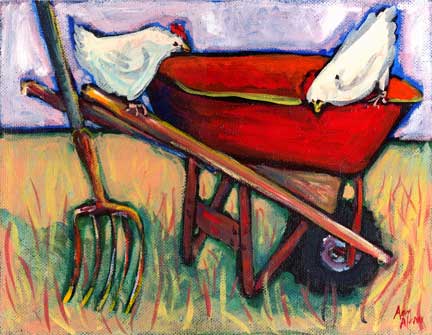Scriptwriting--Assignment #9
AGENDA:
Playwriting Exercise
Pick an opening line:
The scene should be at least one page long. The scene should only have two characters who are in one room, in one location. Go down the list and use the provided first line as the first line of your scene and write scene using proper format.
- Well, aren’t you going to congratulate me?
- What do you mean “I have to give the ring back?”
- This is most definitely the result of a curse.
- Dude, Lara Croft is not your girlfriend.
- I can fix this, I am determined to fix this.
- I have something important to tell you.
- Why are you hiding in the bathroom?
- Sir, you dropped your wallet.
- I would do anything for a peanut butter dipped chocolate bar right now.
- First day of school, first day of hell.
THE STANDARD STAGE PLAY FORMAT What follows is a guide to “professional” stage play script formatting. These pages are an explanation of the standard stage play format. See the Example Pages for visual examples of the format. There are three reasons why playwrights use this format: 1) In this format, it is easy for a producer/script reader to estimate how long the running time of the script will be. The accepted format lays out the script at roughly one minute per page. 2) This standard format is optimized to make all the separate elements of the script easy to read and comprehend (character names, dialogue, stage directions, page numbering, etc.). 3) This standard format immediately tells a producer/script reader that the playwright knows something about submitting plays. “How good could the play be if the playwright doesn’t even know the basics of formatting?” they will ask. Unfair, yes... but the way your script looks is the first impression you make.
